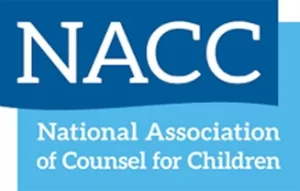Why educators don’t always address bullying appropriately
On Behalf of Kirsch Daskas Law Group | Dec 17, 2019 | Education law |
Parents want what’s best for their children. However, if their kids are getting bullied at school, parents may not feel they have the power to intervene. At school, the child’s well-being often lies in the hands of teachers and administrators. But sadly, they might not always act in the bullied child’s best interests.
In some instances, educators may address the issue at hand, but fail to follow up. These actions can upset parents, especially since bullying intervention and prevention is often part of an educator’s job.
Reasons why teachers and administrators may downplay bullying
Teachers have a legal duty of care to supervise, care for and discipline their students whenever necessary. While ignoring bullying is often inexcusable, there are several contributing factors to why they might, some of which are out of teachers’ control:
- Teachers lack resources to address the issue: There are plenty of teachers who genuinely want to address bullying. However, some are limited in how they can step in. If they lack support from school administrators, it may be hard to act against those causing problems.
- Teachers have a hectic schedule: A teacher’s job can be tough. That’s because they often have to balance multiple classes and keep up with the high expectations their district often puts on them. Unfortunately, this may cause some teachers to avoid dealing with bullying, as they may not have the time or energy to focus their attention on the issue.
- Teachers and administrators don’t always witness the bullying: Most bullies tend to act when adults aren’t watching. For example, kids often get bullied on the playground, in the hallways, on the bus and even online. When this happens, it may be easier for some educators to turn a blind eye and only pay attention to what’s happening inside their classrooms.
- Some educators may hold traditional views on bullying: Despite the progress made in recent years, some educators still view bullying as a rite of passage into adolescence. Sadly, there may be some who still see bullying as dealing with conflict, rather than abuse or control.
The impact of bullying can last for life
Even though society is changing its tone, bullying is still a prevalent issue in many American schools. Victims of school bullying often have a difficult time speaking up, as they may fear receiving judgment or retaliation from others. Even if the child only experiences bullying in school, the effects can last well into their adult life.










